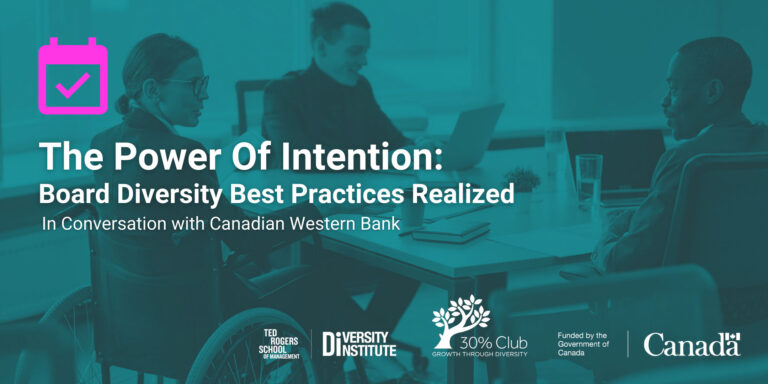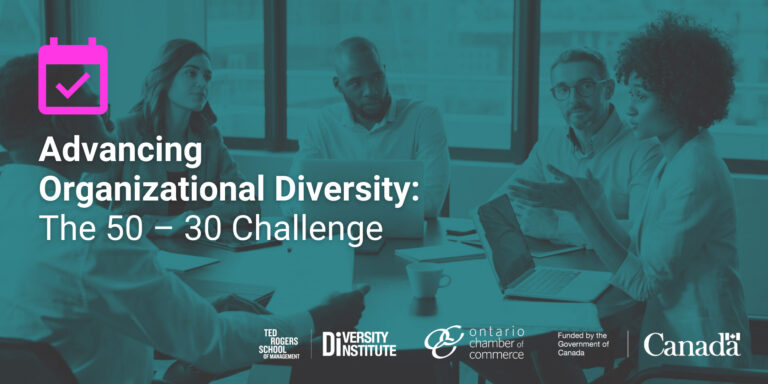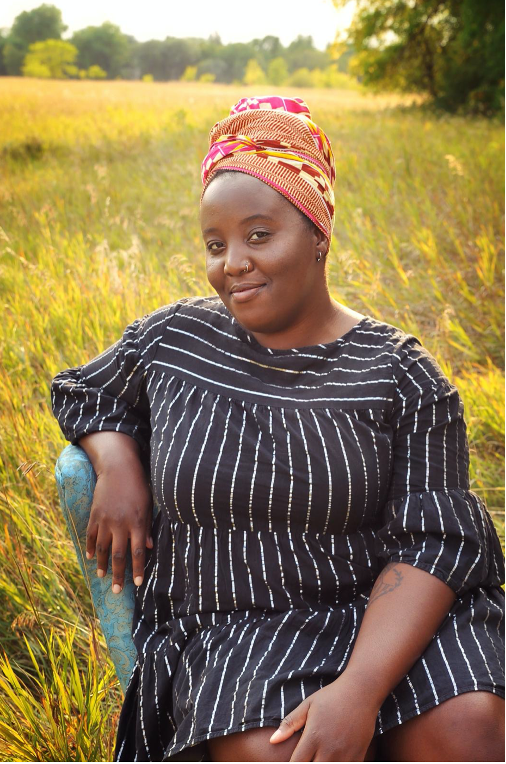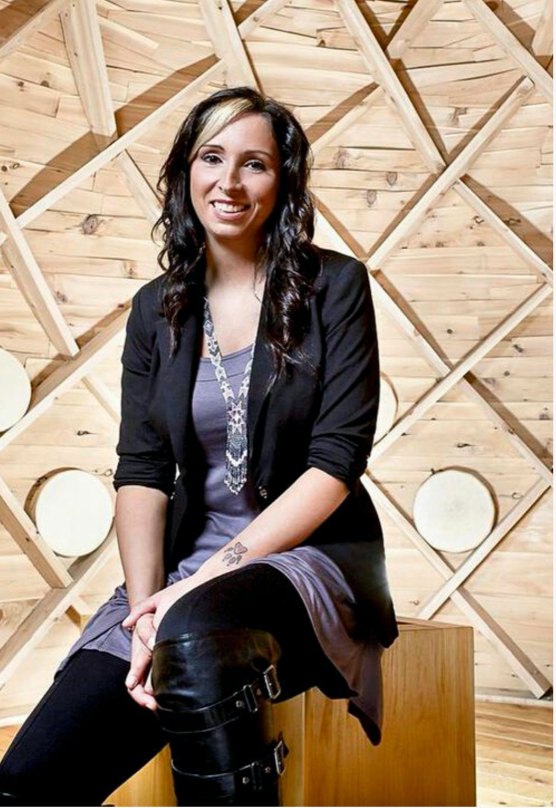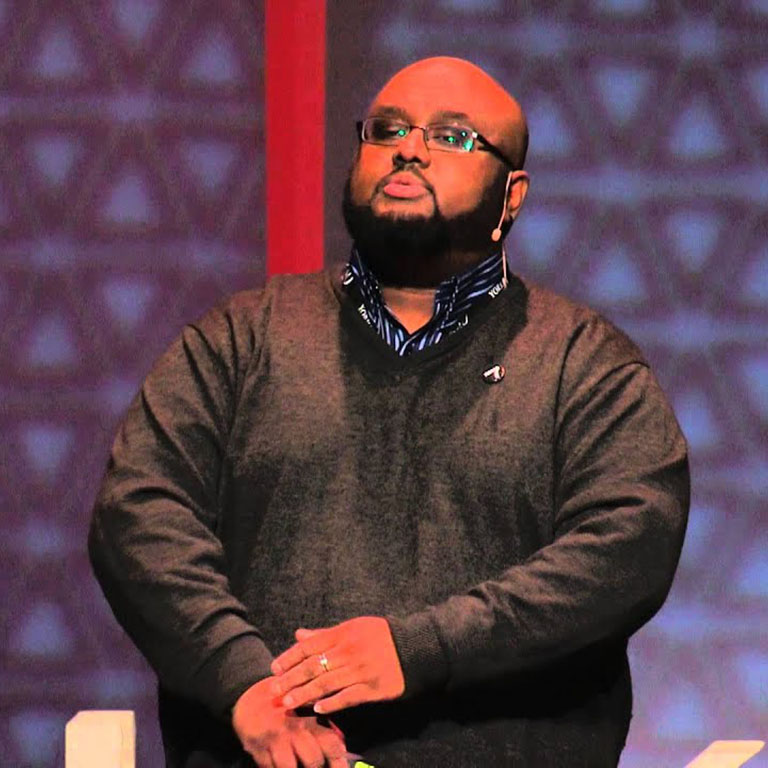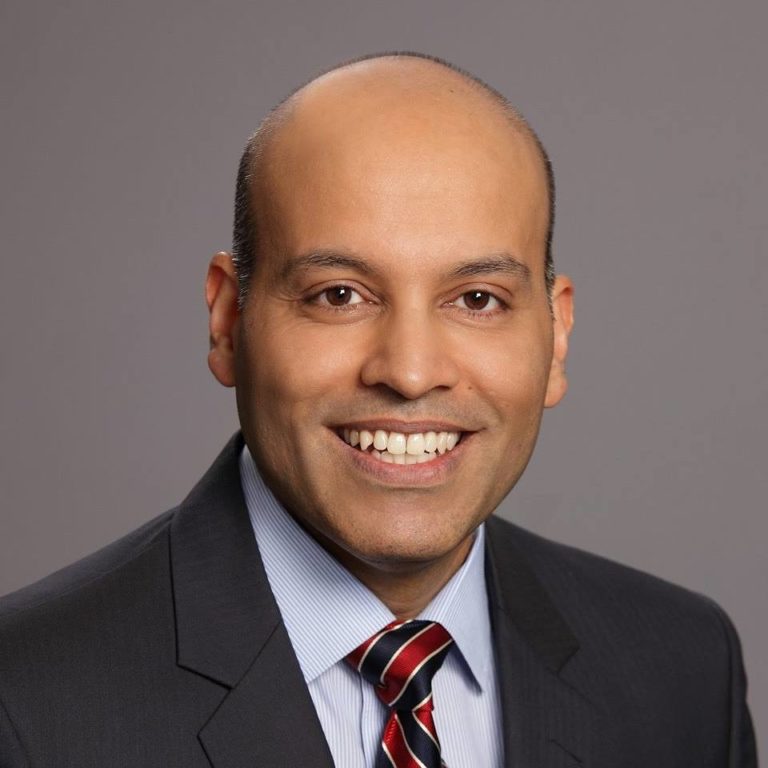A conversation with Sarah Kaplan on COVID’s greater impact on women and how we can rebuild equitably
At this point in the pandemic, we should no longer be asking if COVID is affecting women to a greater degree than men.
The evidence shows it is, and in many ways; a primer on the gendered impacts of COVID-19 released in April by the Institute for Gender and the Economy (GATE) pointed to higher participation in risky front-line work, greater susceptibility to economic uncertainty, increased domestic and caregiving responsibilities, increased vulnerability to domestic violence, and barriers to sexual and reproductive healthcare — with Indigenous, racialized, low-income, LGBTQ+ and other vulnerable groups worse affected.
Even as social distancing rules are relaxing, the situation has not improved. The latest statistics show women suffered a greater loss of jobs and are experiencing a slower recovery, have higher reported mental health issues, and a higher COVID mortality rate in Canada — and relatively speaking, this is still just the immediate impact. We don’t have a clear view of the long-term effects of the pandemic for women.
I spoke with Sarah Kaplan, Founder and Director of GATE, to get her take on why it’s important to look at COVID with an intersectional gendered lens, where we are headed with respect to gender equality, and what we can be doing to build a more inclusive future.
The interview has been edited for length.
From the very beginning, you’ve been looking at the pandemic with an intersectional gender lens. Why is this so important?
When we first put out our primer on the gendered impacts of COVID, I had a colleague reach out to me irate that at a time when people were getting sick and dying, and the economy is in the tank, that I would dare be talking about gender issues — as if gender were something on the side, a nice-to-have, but it has nothing to do with the core economic or health impacts.
And of course, when you actually do look with a gender lens, you see how much it does have to do with gender, and you see the very unequal economic and health impacts. Gender, or women’s issues, or issues of masculinity, are not just something you focus on when times are stable — this moment of crisis is when we should be spending the most time looking at these kinds of issues.
Some people might argue we should take a ‘neutral’ approach to these issues, rather than a gendered approach. Is that even possible? What do you think could be the impact of that kind of thinking?
There is evidence from previous economic downturns and previous corporate layoffs that often diversity suffers, because if you approach it with rules like ‘we’ll furlough all the part-time workers’ or ‘we’ll furlough the people with the lowest evaluations’ or ‘we’ll furlough the people who are most recently hired’ — all of those are gendered. Women are more likely to be part-time, we know that performance evaluations are often gender-biased, and because companies have historically been bad at diversity, women are less likely to have seniority.
These supposedly gender-neutral rules have really gendered outcomes. We need to have an explicit diversity lens on these decisions, or you’re going to kill off whatever diversity we’ve been fighting to get in the last decade or so, including in corporate Canada.
That’s a very bleak thought — but not unsurprising, considering how many ways women are being affected from an economic standpoint. Are there any repercussions that you are particularly concerned about? What’s the worst case scenario here?
I think we could end up quite far back. Take a situation like yours, with young kids at home — if there has historically been a gender division of labor in the household, then it’s much more likely that the woman is going to drop out of the labour force, because it’s too hard for her to manage small children and perform in her job.
Among heterosexual couples, we know that we don’t have equal sharing of responsibilities in Canadian households — there is an incredibly gendered division of labour. The likelihood that we are going to see a whole generation of women with pre-teen children dropping out of the workforce is extremely high. It’s just not manageable. And until we get a vaccine, I think we’re going to see a whole slew of people leaving the workforce, and that will undo a lot of the progress.
“We’ve known for 30 years that childcare is the secret to women’s advancement in their jobs, and now we’re talking about how the secret to economic recovery is going to be childcare — it gives me some hope that we might actually get a universal child care solution.”
What about the argument that men are now seeing how much work is involved in care responsibilities?
Yes, on the positive side, and again talking about heterosexual couples, there are situations where the male partner is seeing exactly how much care work is required at home, and actually participating more and becoming more committed to getting corporate policies adjusted to adapt.
This may be a wake up call for many male leaders about what exactly has been happening behind the curtains. Some people predict that maybe we’ll get a wave of more equal households going forward, but I’m not sure about that. I think it remains to be seen exactly what social changes are going to be wrought from this.
I think one thing is true: we are never going to go back to everyone always working in their offices, now that people are set up to work from home. The future of work is going to change because of this, or accelerate at least, and I don’t think we have a good way to predict which way it’s going to pull — whether it’s going towards more gender equality because men have gotten more involved in care work, or it’s going to uphold inequality because women will have to give up their work in order to deal with the additional care work.
In the face of losing ground in the push for gender equality, what gives you the most hope?
A few things give me hope, including this broader conversation about care work. We’ve known for 30 years that childcare is the secret to women’s advancement in their jobs, and now we’re talking about how the secret to economic recovery is going to be childcare — it gives me some hope that we might actually get a universal child care solution. That would be great.
The second thing that gives me hope is that we all got thrown into a period of experimentation. We had been talking for years and years at the Rotman School about doing some online education, and there was resistance to that change — and then from March 13 to March 16, the entire in-person experience got transferred to online. We’re seeing similar things in all sorts of companies; between experiments with collaborative work, and different tools, we may come up with a better way of working.
We’re also able to include so many more people at work than we were ever able to include before. For example, people in smaller communities can now get a remote job at a big corporate in Toronto, get the advantage of that salary, and the advantage of staying in their communities. And many of the things that we have ended up doing because of the pandemic have been things that people with disabilities have been asking for for years. We can still do a better job of including people with disabilities — virtual meetings can be harder for people who have a vision impairment, or people who have a hearing impairment if they can’t read people’s lips — so it’s not perfect, but I see all kinds of experimentation leading us to think about ways of work that could actually be much more inclusive, and that gives me hope.
These are all examples of positive side effects of the pandemic, which are great, but what do you think we could be doing to intentionally rebuild in an equitable way?
GATE has actually partnered with the YWCA to develop a feminist recovery plan — because we definitely need to be intentional about what is included. From a more narrow focus, corporate recovery plan, to a broader focus, like where governments should invest in infrastructure. These kinds of big projects have major feminist dimensions to them.
As an example, investing in caregiving pays huge dividends — it basically pays for itself in a very short period of time — but it seems really expensive and so people don’t want to do it because it’s just caregiving, it’s not a highway. Investing in social infrastructure as opposed to physical infrastructure is a way of reconceptualizing the major government spending that will happen to help recover the economy.
It would be very different from how countries typically spend to recover the economy, and without some more very serious conversations, it’s unclear we’re going to get the feminist solution that we need.
Throughout the pandemic we’ve heard the phrase “We’re all in this together” — but are we? Looking closer, the impact of COVID-19 is not equal for all. The 30% Club Canada and Women of Influence are partnering on Unmasked — a series that amplifies the voices of community leaders, sharing unique challenges and thoughts on how we can build a better, more inclusive future.





